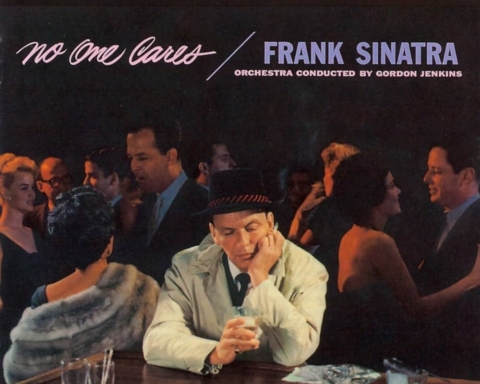Over the past few weeks, the Church has been experiencing yet another scandal, this time, regarding the former cardinal Theodore McCarrick, as well as allegations of sex abuse and rape in seminaries. This has angered those within the Church. It is tempting for many to leave the Church; to never face ridicule for the actions of priests and bishops again. The sentiment behind the desire to leave is certainly understandable. Who would want to be part of a Church that abuses its own body?
It seems like there is not a solution in sight, other than the mass resignation of bishops. This, however, would not be effective, as it would also result in the condemnation of innocent bishops if mass resignation is pursued further.
While it is understandable to want to place the blame on something concrete and simple, it is unhelpful because it often leads to blatant generalizations. Blaming the scandal on left-wing “lunatics” on the part of many conservatives, for example, is blatant scapegoating. It is likely true that moral laxity regarding sexuality contributed to the crisis, as it is graphically detailed in the Pennsylvania report which documented numerous abuses over the past decades. On the other hand, while clericalism has without a doubt contributed a great deal to the scandal, naming it as the primary or only cause is also unhelpful. This is because clericalism, by definition, is a self-serving, elitist mindset among priests and bishops that promotes a culture of arrogance and a lack of accountability.
This has caused quite the schism between “conservative” and “liberal” Catholics. This dichotomy has prevented the Church from living out its mission. Accusations of “homophobia” hurled by more liberal Catholics are unhelpful and defensive, while also representing dissent from official Church teaching. On the other hand, calls for the bishops and even Pope Francis to resign are often politically motivated by conservatives.
It is well within our boundaries as laypeople to criticize Church leaders, if circumstances demand. What must be done about corruption can be seen in the saints; Francis, Clare, Dominic and Catherine. They fought against corruption in the Church and were critical of those who enabled them. Careful investigation into these matters will eventually reveal the truth, and from there the appropriate measures must be taken by religious and secular courts.
The Church is not just an institution, it is a body. When a member is attacked or abused, it affects the whole body. We must respond, therefore, with courage and faith, with our hearts set on truth and charity. Will we leave the Church to be consumed by its sins, or will we fight for renewal and holiness as the saints did?
By Luke Nolan
nolanl17@bonaventure.edu





